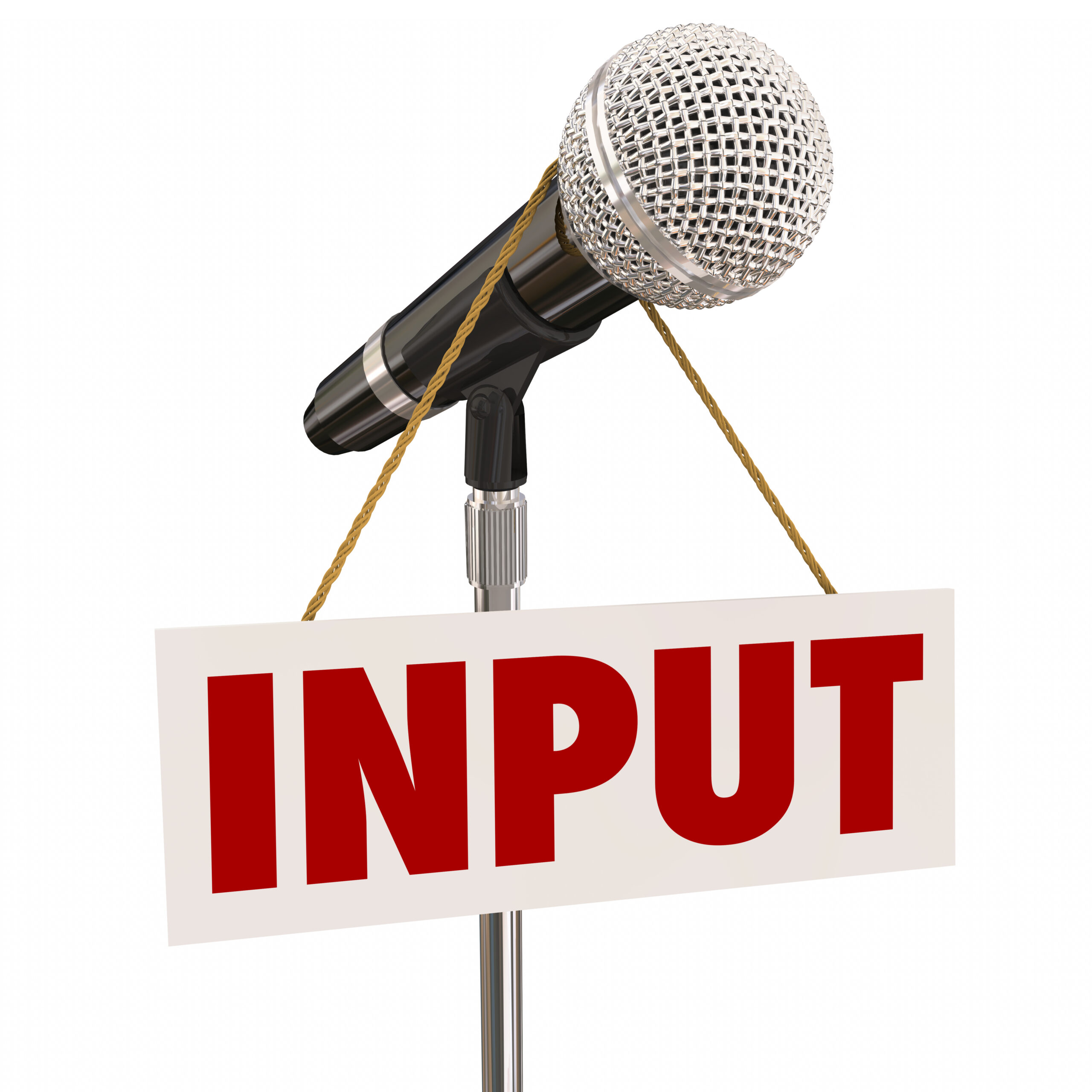DraftKings Wins Alice/Mayo Wager at Federal Circuit | Irwin IP LLP
Beteiro, LLC v. DraftKings Inc., No. 2022-2275, 2024 WL 3077636 (Fed. Cir. June 21, 2024)
On June 21, 2024, the Federal Circuit affirmed the District Court for the District of New Jersey’s dismissal of Beteiro, LLC’s (“Beteiro’s”) patent infringement case against DraftKings, Inc. (“DraftKings”) on the basis that Beteiro’s patents claimed unpatentable subject matter under 35 U.S.C. §101. Beteiro had alleged that DraftKings’ online gambling platform infringed four Beteiro patents sharing identical specifications related to using computers and GPS devices to verify user locations and ensure compliance with gambling laws. Of importance in this decision is (1) the court’s discussion of Beteiro’s failure to tie the alleged inventive concept to the patents’ specification to overcome step two of the Alice test and (2) the lack of deference to an Examiner’s prior consideration of the patentability issue.
Applying the two-part Alice/Mayo patent-eligibility test, the Federal Circuit first considered whether the patent claims were directed to an abstract idea. It found step one to be satisfied. The Court ruled that Beteiro’s claims were directed to the abstract idea of “exchanging information concerning a bet and allowing or disallowing the bet” based on the user’s location. The Court also noted that the claims used generic steps like “detecting information,” “transmitting a notification,” “receiving a message,” and “determining … and processing information.” As such, the claims were drafted in result-focused language without any specificity of how to achieve them. The Court analogized these claims with prior cases where similar methods of providing information based on locations were found to be abstract.
Next the Court analyzed step two of Alice, which considers whether the patent claims contain an “inventive concept” that transforms the claims into subject matter that goes beyond the ordinary. Here, Beteiro alleged that the inventive concept, using GPS technology in personal communication devices, was uncommon at the time of the patents’ 2002 priority date. The Court rejected this argument, finding that the specification belied this argument. Specifically, only 15 lines out of the specification’s voluminous 98 column disclosure dealt with this subject which, to the Court, indicated that the inventors themselves thought there was no advanced GPS or mobile device technology being disclosed and that a person of ordinary skill in the art would know GPS technology in connection with a mobile device. Since Beteiro did not make other claims of inventiveness, its conclusory allegations were insufficient to defeat a motion to dismiss because they were “wholly divorced from the claims or the specification.”
During patent prosecution of the asserted patents, the patent Examiner had expressly considered three of Beteiro’s patents eligible under 35 U.S.C. §101 because they used a particular machine or processor. However, the Federal Circuit disregarded Beteiro’s argument that the patent Examiner’s consideration of patent eligibility should be afforded deference because an Examiner’s consideration of a particular argument does not “in any way shield the patent’s claims from Article III review for patent eligibility.”
As Beteiro illustrates, patent owners should ensure that their patent specification has a detailed description of the inventive concept to overcome 35 U.S.C. §101 challenges. Further, patent owners should not expect much deference to any Examiner’s discussion of patent eligibility during prosecution.






